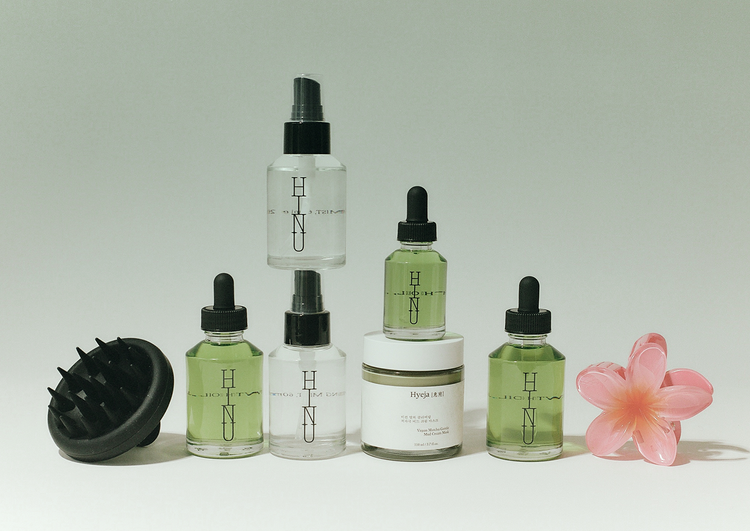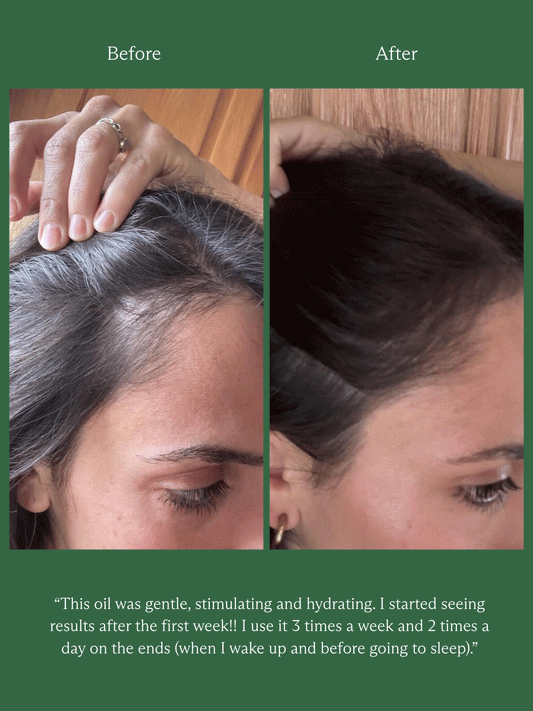
Stress is a perfectly natural human feeling, but if it manifests every now and then, as a persistent concern, with excessive uneasiness, or panic attacks, you may be experiencing the symptoms of anxiety. Anxiety can manifest at any point of adulthood or person’s life, and with a multitude of symptoms.
These symptoms are typically our body's natural response to stress that we have developed over the years and are there to assist us to recognise and defend from any threats, whether they are actual or perceived. Mitigating constructing ways to deal with anxiety could help with anxiety and its manifestation. Here are some useful suggestions for reducing anxiety.
1. Come back to the present moment
Anxiety usually happens when there is recurring thoughts and expectations of a future moment or event. Since anxiety is a mindset that is focused on the future, it might be simple to become engulfed in worrisome thoughts. These frequent and recurring thought patterns could trigger physiological symptoms in body as it senses a "fight or flight response."
Instead of this, make an effort to pause for a moment and concentrate on the here and now. This could be achieved by a simple act of leaving your phone at home and going for a stroll instead, and just enjoying the walk, nature and the moment. By doing this, you can put some distance between your current state of fear and divert it to a more sensible cognitive process.
2. Incorporate deep breathing techniques
Breath is the one element that changes with circumstances. You might have noticed, when you are anxious, the breaths are shallow and frequent. Understanding how to calm yourself and learning how to breathe through such anxiety attacks is very important. The majority of people who experience anxiety or nervous feelings may be familiar with breathing exercises as a method to lessen those feelings.
Exercises that involve deep breathing can cause the parasympathetic nervous system to become active, which lowers heart rate and signals the brain that it is time to relax. Start by taking several slow, deep breaths in through your nose while keeping your mouth shut. After that, exhale slowly and gently for a few seconds to allow your breath to leave your body.
3. Be mindful and practice the act
This can involve anything from doing yoga or learning to meditate to simply telling yourself positive and encouraging things. Activities that promote mindfulness increase awareness of one's mental state and enable people to slow down, take note of their thoughts, and simply be more present in the moment without any bias or judgement.
4. Have a healthy and proactive self-talk
It may seem unusual to talk to yourself in front of others, especially if you're in a public setting. Although many individuals may not be aware of it or pay attention to it, internal dialogue often runs in the background of all they do.
Self-talk enables you to take a minute to process your feelings and consider potential causes for them. Self-talk can access your subconscious, which could aid in understanding what might be setting off your emotions. It will also assist you in recognising any trends in your thought processes and how to effectively deal with them.
5. Pay attention to physiological signs
Physical symptoms may be a manifestation of psychological problems like anxiety and stress. The symptoms of anxiety encompass more than just feeling concerned or worried all the time; they can also include having a racing heart, having trouble breathing, and feeling queasy in the stomach. Additionally, some people may have headaches, vertigo, sweating, and a persistent desire to use the restroom.
Instead of ignoring any bodily symptoms, pay attention to them because doing so can help you recognise anxious thoughts and ideas before they become extremely distressing.
6. Movement and exercise
Movement or any sort of exercise is recommended as it can help reduce anxiety by maximising the production of feel-good endorphins. If you can, try a brisk stroll around the block, discrete desk exercises, or a run during lunch if you are at work or in another setting where it could be challenging to get some activity.
It's important to keep in mind that eating the correct meals, getting enough sleep, and exercising can all contribute to maintaining good mental health. The fact that food may truly affect our brains is something that many people are unaware of, thus it's crucial to nourish your body with healthy foods. Make sure you're eating mindfully, get adequate sleep, and exercise frequently as this helps in building a controlled and enjoyable routine reducing the anxiety.
7. Steer clear from stressful environments
Overusing anything is never a good idea, but it can be especially harmful for someone with anxiety. Even seemingly benign chemicals like caffeine can have an impact on how the brain works and result in a variety of anxiety symptoms, including jitteriness, difficulty concentrating, panic attacks, and persistent worry.
Because the sufferers may be locked in a loop, anxiety brought on by substance misuse, particularly with alcohol, can be extremely challenging to treat. When things aren't going well, people sometimes turn to self-medication. However, this behaviour frequently has the opposite impact of what was intended and, in the worst cases, can result in dependency.
Although it is recommended to abstain from excessive consumption of sedatives and alcoholic beverages when feeling worried, it is crucial to get help if you find yourself in this cycle since it may be compounded by underlying medical conditions.
8. Seek help and assistance from experts
A person's life can significantly improve with professional psychological assistance, especially if they are experiencing anxious thoughts and sensations. Seeking treatment can be a preventative approach to teach you how to recognise early on when you are not coping as well as you wanted and to improve your psychological toolkit on how to manage things. You do not have to wait until the anxiety is unbearable to seek help.















